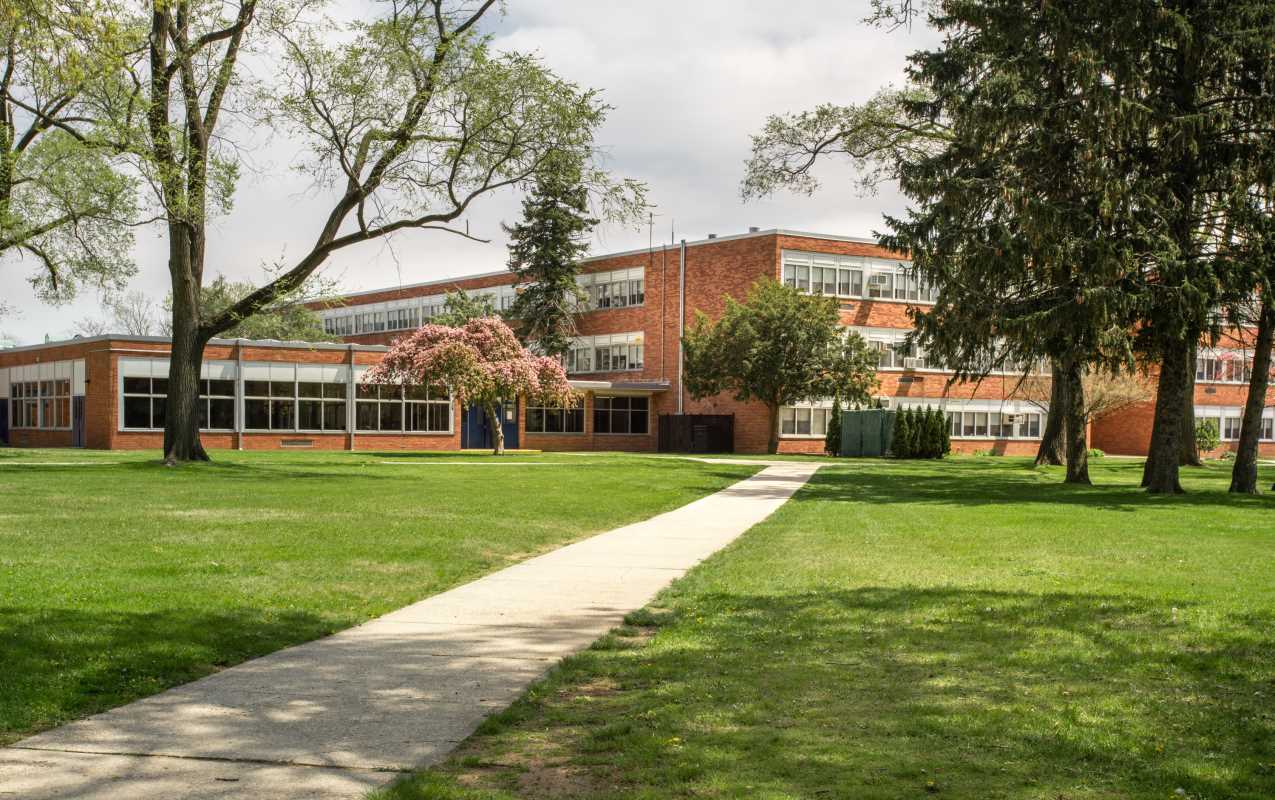Peer tutoring in college settings has gained significant popularity due to its multitude of benefits, contributing to a more enriching academic experience for both tutors and tutees. This collaborative learning method involves students assisting each other in mastering course material, fostering an environment of mutual support and understanding. Through peer tutoring, students can enhance their academic performance, build confidence, improve communication skills, and develop a strong sense of community.
Improving Academic Performance
One of the most significant advantages of peer tutoring is its ability to boost academic performance. Traditional classroom settings often involve large groups of students, making it challenging for instructors to provide personalized attention to each individual. Peer tutoring fills this gap by offering one-on-one or small group sessions tailored to the specific needs of the students. This personalized approach allows students to work at their own pace, ask questions freely, and receive explanations that are easier to understand because they come from a peer who has recently mastered the material.
For many students, peer tutoring offers a more relatable perspective on complex subjects. Tutors, who are often fellow students who have excelled in the same course, can provide insights that professors may overlook, such as practical study tips or alternative ways to approach a problem. This peer-to-peer interaction can lead to a deeper and more comprehensive understanding of the course content, ultimately resulting in better grades and academic success.
Boosting Confidence Levels
Beyond academic improvement, peer tutoring also plays a crucial role in boosting students' confidence levels. Many students struggle with self-doubt, especially when faced with challenging subjects or coursework. Working with a peer tutor who understands these challenges can help alleviate feelings of inadequacy and build self-esteem. The supportive environment of peer tutoring allows students to express their difficulties without fear of judgment, making it easier for them to address and overcome their academic struggles.
As students gain a better grasp of the material and see their grades improve, their confidence naturally increases. This newfound confidence extends beyond the tutoring sessions, encouraging students to participate more actively in class, take on challenging assignments, and approach their studies with a positive attitude. In this way, peer tutoring not only improves academic outcomes but also fosters a growth mindset that benefits students throughout their academic careers.
Enhancing Communication Skills
Effective communication is a key skill that is developed through peer tutoring. During tutoring sessions, students are required to articulate their thoughts, ask questions clearly, and engage in discussions about the material. This practice helps students refine their ability to express themselves, both verbally and in writing. Clear communication is essential not only for academic success but also for professional development, as it is a skill that employers highly value.
For the peer tutors themselves, the experience of teaching and explaining concepts to others can significantly enhance their communication skills. Tutors must learn to adapt their explanations to the needs of their tutees, which requires patience, empathy, and the ability to break down complex ideas into simpler terms. This experience is invaluable, as it prepares tutors for future roles in leadership, mentoring, and collaboration in various professional settings.
Fostering a Sense of Community
Peer tutoring also contributes to the development of a strong sense of community within the college environment. As students work together to achieve their academic goals, they build connections that extend beyond the classroom. This collaborative spirit fosters a supportive network where students feel more connected to their peers and the academic community as a whole.
These relationships can lead to lasting friendships and professional connections that benefit students throughout their college years and beyond. Additionally, the sense of belonging that comes from being part of a learning community can improve students' overall college experience, making them more engaged and motivated to succeed.
A Holistic Approach
In conclusion, peer tutoring in college settings offers a range of benefits that enhance the overall academic experience. From improving academic performance and boosting confidence levels to enhancing communication skills and fostering a sense of community, peer tutoring provides a holistic approach to learning that supports both academic and personal growth. By embracing peer tutoring as a valuable educational tool, students can achieve greater success and build the skills and relationships that will serve them well throughout their lives.
 (Image via
(Image via





